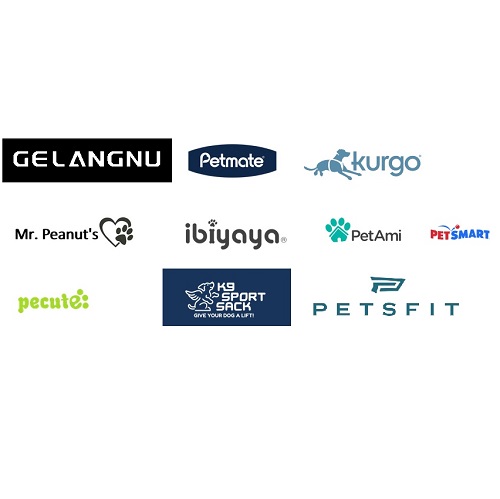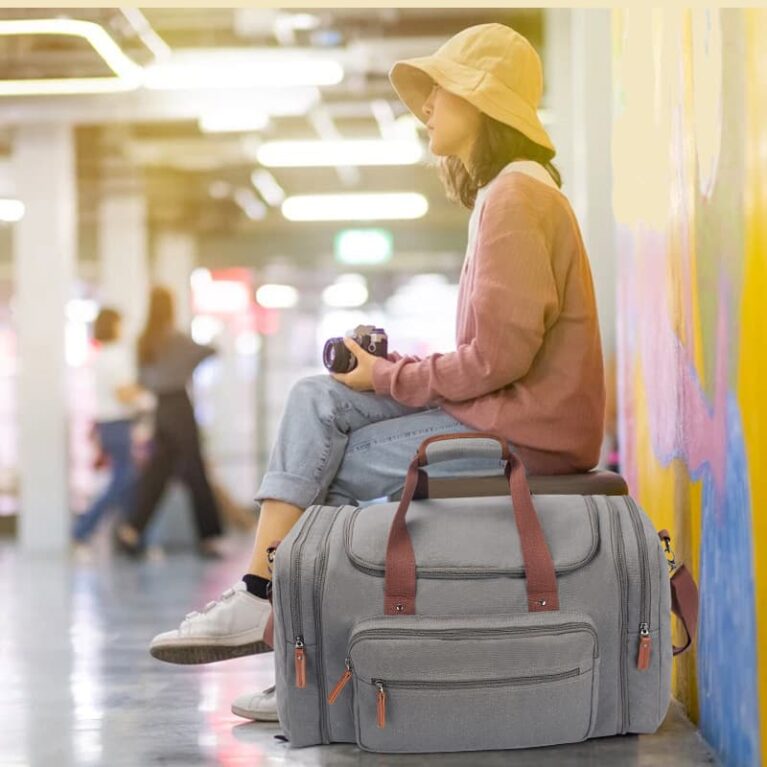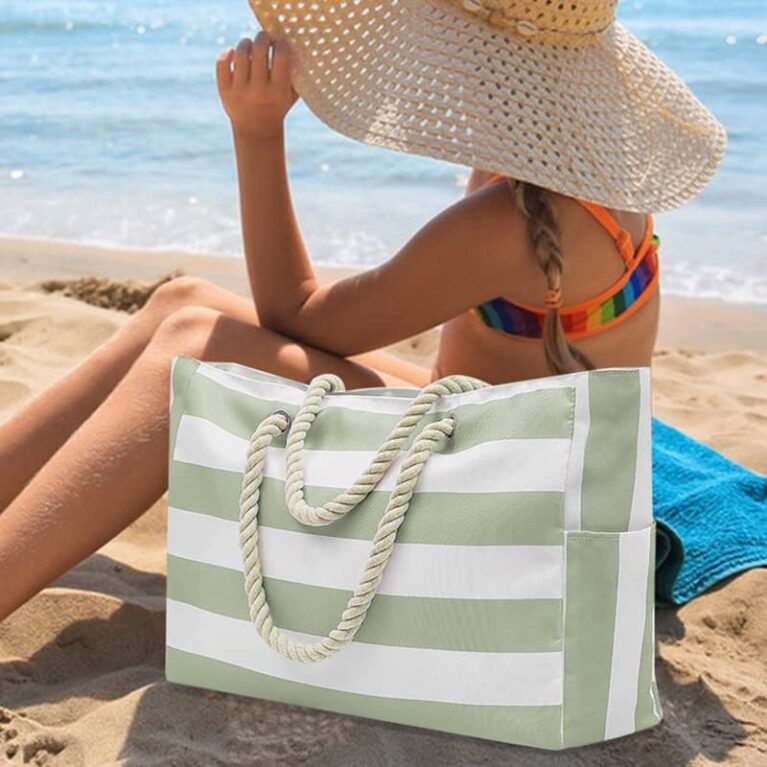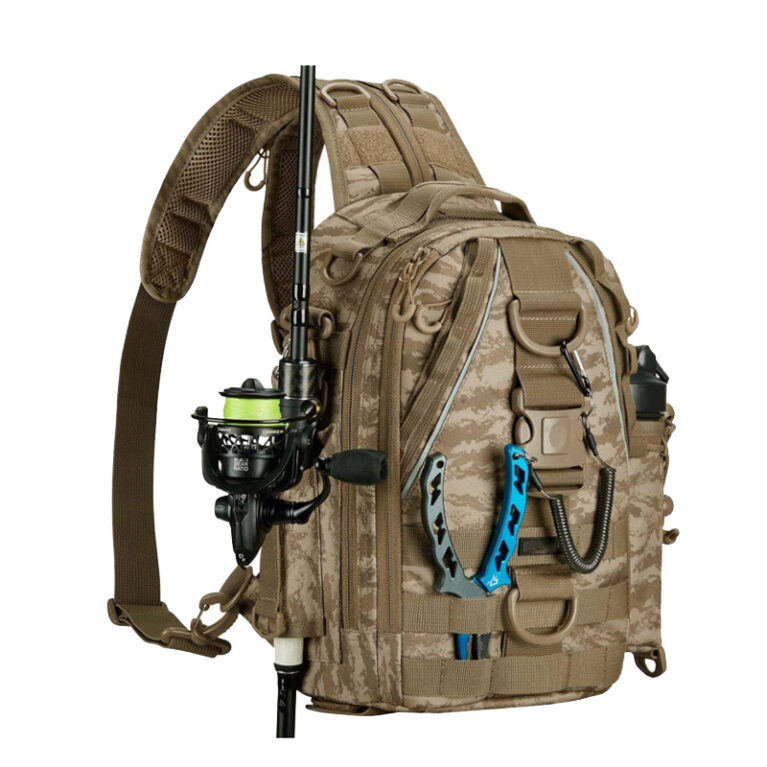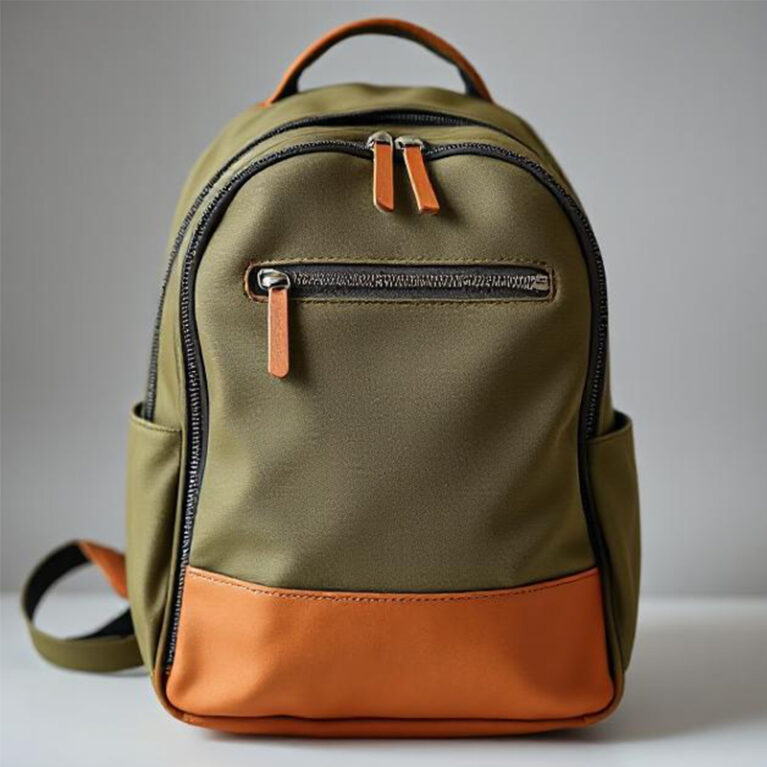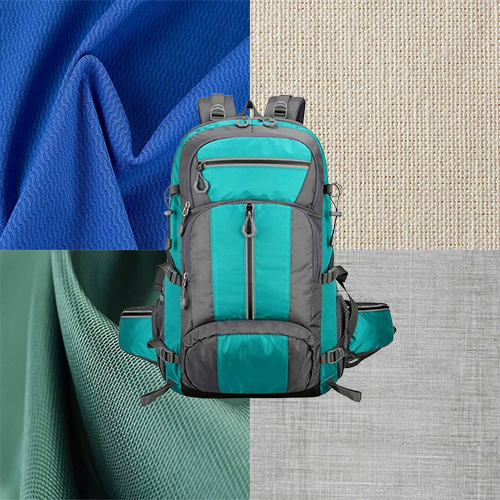Finding the right bag factory is a important step in building a successful bag brand or business. Whether you are launching a new product line or expanding production capacity, choosing the right manufacturing partner will impact every aspect of your business, from quality and cost to delivery times and brand reputation.
To avoid costly mistakes and ensure a smooth production process, it is essential to ask the right questions before selecting any factory. Today, I will introduce the top 10 questions you should ask to assess a bag factory's capabilities, reliability, and alignment with your business needs.
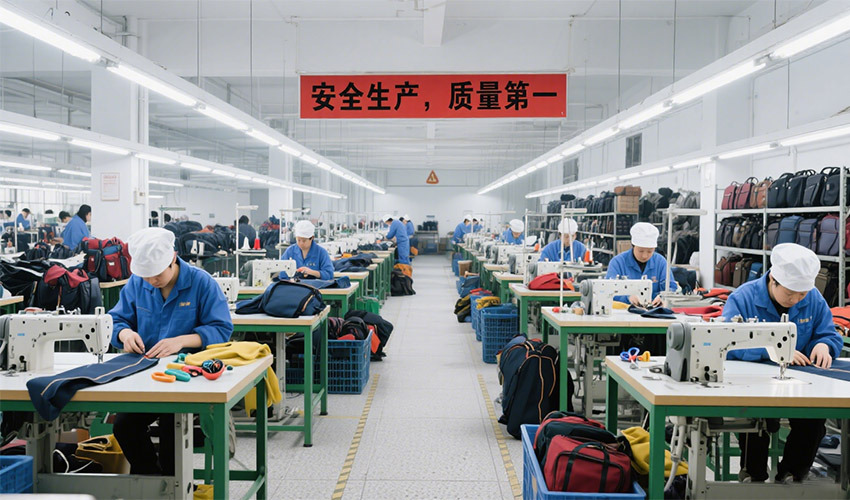
1.What types of bags does thebag factory specialize in?
You should know what types of bags a factory specializes in producing, as not all factories have the capability to produce all types of bags. Some factories focus on producing backpacks, while others specialize in handbags, bag, or tactical gear.
A factory with experience in the type of product you need is more likely to provide higher quality products, faster production speeds, and fewer errors.
Here is a table of the 5 main bag types:
| Bag Type | Common Use | Key Features |
| Duffle Bag | Travel, gym, weekend trips | Cylindrical or rectangular shape, large capacity, shoulder strap |
| Outdoor Bag | Hiking, camping, trekking | Durable materials, multiple compartments, hydration compatibility |
| Sport Bag | Gym, training, athletic activities | Lightweight, ventilated compartments, easy-access design |
| Pet Bag | Carrying small pets | Mesh windows, ventilation, secure zippers, soft interiors |
| Handbag | Daily personal use, fashion | Stylish design, compact size, carried by hand or shoulder |
2.Does the factory offer OEM or ODM services?
Knowing whether a bag factory offers OEM (Original Equipment Manufacturer) or ODM (Original Design Manufacturer) services is crucial, as it directly impacts how your products are developed. If you already have your own designs and specifications, you will need a factory that offers OEM services to produce your customized products. If you don’t have designs but want to quickly launch your brand, ODM services are the ideal choice—they provide ready-made designs that you can customize to align with your brand.
Choosing a factory that offers the right services ensures a smoother production process, better alignment with your business goals, and reduced misunderstandings. It also reflects the factory's ability to handle different levels of customization and creativity.
3.What is the factory'sminimum order quantity (MOQ)?
It is important to understand a factory's minimum order quantity (MOQ) because it determines the minimum quantity you must order each time you produce. If the MOQ exceeds your budget or current needs, you may end up with excess inventory or wasted resources.
Generally, the MOQ for bags varies depending on the material, complexity, and level of customization.
For custom bags, the typical MOQ range is 300 to 1,000 pieces per style or color. Some factories may offer lower MOQs for simpler designs or trial orders.
4.Can the factory provide samples before mass production?
You should request samples from the factory before mass production to ensure that the products meet your expectations in terms of quality, design, dimensions, materials, and functionality.
Samples allow you to inspect the manufacturing process, test durability, and verify that the factory has correctly understood your specifications. This step helps identify errors or misunderstandings early on, preventing costly mistakes during mass production.
Receiving and approving samples also helps build mutual trust between you and the factory. It sets clear standards for the final product and serves as a reference for quality control.
Without samples, you may receive thousands of defective or non-conforming products, which could damage your business and reputation.
5.What materials and components does the factory commonly use?
Familiarize yourself with the materials and components commonly used in factories because they directly impact the quality, durability, appearance, and cost of bags. Some factories use high-quality materials, such as Cordura® and YKK® zippers, while others use lower-grade materials to reduce costs.
Understanding these factors will help you select a factory that meets your product standards. It also ensures that the factory can source the necessary materials, especially if your design requires specific fabrics, buckles, linings, or zippers.
Being informed in advance can prevent production delays, communication issues, and quality problems. It can also help you assess whether the factory aligns with your brand's values.
Here is a table for the 5 main materials and components of a bag:
| Material/Component | Description | Typical Use in Bags |
| Fabric | The primary material for bag bodies, varies from nylon, polyester, canvas, etc. | Bag exterior and interior panels |
| Zipper | Closure mechanism, available in metal, plastic, or coil types | Bag openings and compartments |
| Buckles | Fastening hardware, usually plastic or metal | Strap adjustment and securing |
| Webbing | Strong woven fabric strips used for straps and reinforcements | Shoulder straps, handles, and structural support |
| Clasps | Metal or plastic clips for connecting or releasing parts quickly | Detachable straps, closures, and accessories |
6.What is the factory's production capacity and lead time for bag manufacturing?
The factory's production capacity and delivery cycle are critical to ensuring that it can meet your order volume and delivery schedule. If a factory cannot meet your quantity requirements or has excessive delivery times, it could disrupt your business operations, marketing plans, or seasonal sales.
A factory that can scale with your business can save you the trouble of having to change suppliers in the future. Clear delivery cycles also help manage expectations and establish a reliable supply chain, thereby reducing the risk of delays and customer dissatisfaction.
7.Does the factory have experience working with international clients?
Choosing a bag factory with experience working with international clients is crucial, as it indicates that they understand global quality standards, export regulations, and communication practices.
These factories are typically more professional, responsive, and familiar with the packaging, labeling, and compliance requirements of different countries.
They are also better equipped to handle logistics, documentation, and potential issues related to shipping and customs. This can reduce risks, miscommunication, and delays.
Experienced international suppliers are more likely to provide smooth, reliable service and meet the expectations of overseas buyers like you.
8.What quality control measures and certifications does the factory have in place?
Understanding the quality control measures and certifications of a bag factory is crucial to ensuring the reliability, safety, and compliance of products with industry standards.
Certification verifies consistent quality, ethical practices, and sustainable materials, thereby safeguarding your brand reputation. Robust quality control, including material inspections, stitching checks, and durability testing, minimizes defects and ensures bag meets specifications and customer expectations.
Collaborating with certified factories that have stringent quality processes ensures high standards, traceability, and trust, thereby enhancing supply chain efficiency and customer satisfaction.
Here is a table listing some main certifications a quality bag factory should have, along with theirpurpose and importance:
| Certification | Purpose | Why It Matters |
| ISO 9001 | Quality Management System | Ensures consistent product quality and efficient processes |
| BSCI | Business Social Compliance Initiative | Confirms ethical labor practices and social responsibility |
| SEDEX/SMETA | Ethical trade audits and supply chain transparency | Shows compliance with labor, health, safety, and environmental standards |
| ISO 14001 | Environmental Management System | Demonstrates environmental responsibility and sustainable practices |
| REACH Compliance | Regulation on chemicals used in manufacturing | Ensures safety and legal compliance for materials used in bags |
| OEKO-TEX Standard 100 | Certification for textile safety and harmful substances | Ensures fabrics are safe for human use, especially in apparel/bags |
| GRS (Global Recycled Standard) | Validates recycled content and responsible production | Important for brands focusing on sustainability and eco-friendly products |
9.Do they offer customization options, such as branding, logos, or unique designs?
You should find out whether a bag factory offers customization services, such as branding, logos, or unique designs, as this will determine whether they can help you create products that reflect your brand image. Customization is crucial for building brand awareness, standing out in the market, and meeting specific customer preferences.
Factories that support customization can also help you expand your business by offering private-label or OEM services. Confirming the factory's customization capabilities early on ensures they align with your long-term brand strategy.
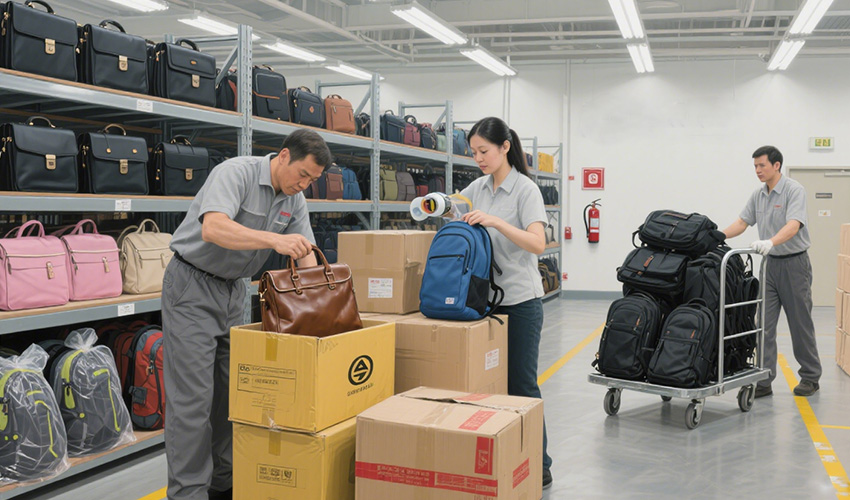
10.What are the payment terms and trade assurance options?
You should understand the factory's payment terms and trade assurance program to protect your financial investment and reduce risks during the transaction process. Clear payment terms help you manage cash flow and avoid misunderstandings or unexpected costs.
Trade assurance programs cover product quality and timely delivery, providing additional protection. These safeguards are especially important when working with overseas suppliers.
